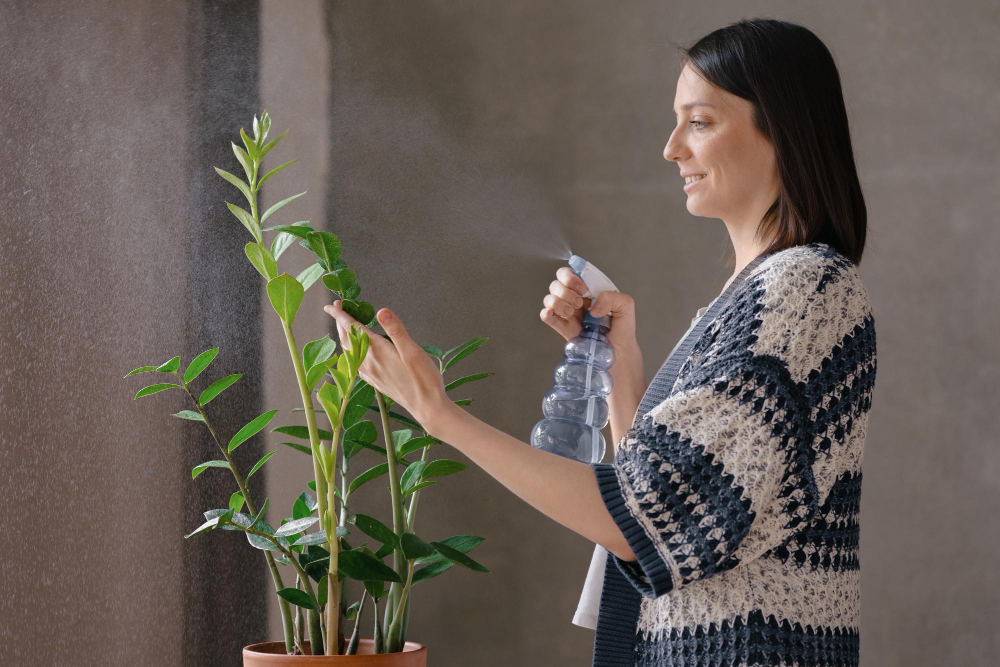
Caring for houseplants might seem daunting at first, especially in an apartment setting. But houseplants are one of the best ways to bring life, color, and a touch of nature to your Ft Myers, FL, apartment. Whether you’re a seasoned plant parent or just starting your green thumb journey, this guide will help you keep your indoor jungle thriving.
From selecting the right plants to understanding how to care for them in a Florida apartment, here are tips to make your plants – and your living space – bloom.
Houseplants are more than just decorative. They purify the air, enhance your apartment’s ambiance, and even boost mental well-being. Living in Ft Myers, FL, offers plenty of opportunities to introduce tropical or climate-friendly plants into your home, thanks to the natural warmth and humidity. But even in the sunniest of apartments for rent, understanding the types of plants suited to your lifestyle and space is key.
One of the biggest mistakes first-time plant owners make is choosing plants unsuited to their specific environment or lifestyle. Here's how to pick plants that will thrive in your Ft Myers apartment.
Apartments in Ft Myers often have ample natural light, but the amount, direction, and intensity of sunlight can vary.
Living in an apartment doesn’t mean you’re limited to just tabletop plants.
Florida’s humidity can be both a blessing and a curse for plant parents. Overwatering is one of the most common mistakes, especially in humid climates like Ft Myers.
Pro Tip: If you’re constantly killing your plants with too much water, consider using a tool like a moisture meter to take the guesswork out.
Like any living thing, plants require care and attention. Here’s how to maintain your plants so they stay healthy and strong.
Florida’s growing environment means plants often flourish with the right nutrients. However, indoor plants require additional feeding to thrive.
One great perk of living in Ft Myers is the natural humidity, which mimics tropical environments many houseplants love. However, some plants can still require fine-tuning their ideal moisture level.
Consistency is key for thriving houseplants. Set reminders on your phone to keep track of watering, feeding, and maintenance schedules.
Additionally, take a little time to check in on your plants every week to identify potential issues, such as pests or yellowing leaves, before they get out of control.
Caring for houseplants in apartments for rent in Ft Myers, FL, is easier than you think. With just a little knowledge and effort, you can transform your space into a lush urban oasis. Plus, the mental and aesthetic benefits of having greenery in your home are your natural rewards.
If you're searching for apartments for rent in Ft Myers that offer the perfect setting for your indoor garden, Millennium Apartments is your ideal choice. Contact Millennium Apartments today to schedule a tour or to learn more about how our spaces can support your dream plant sanctuary.